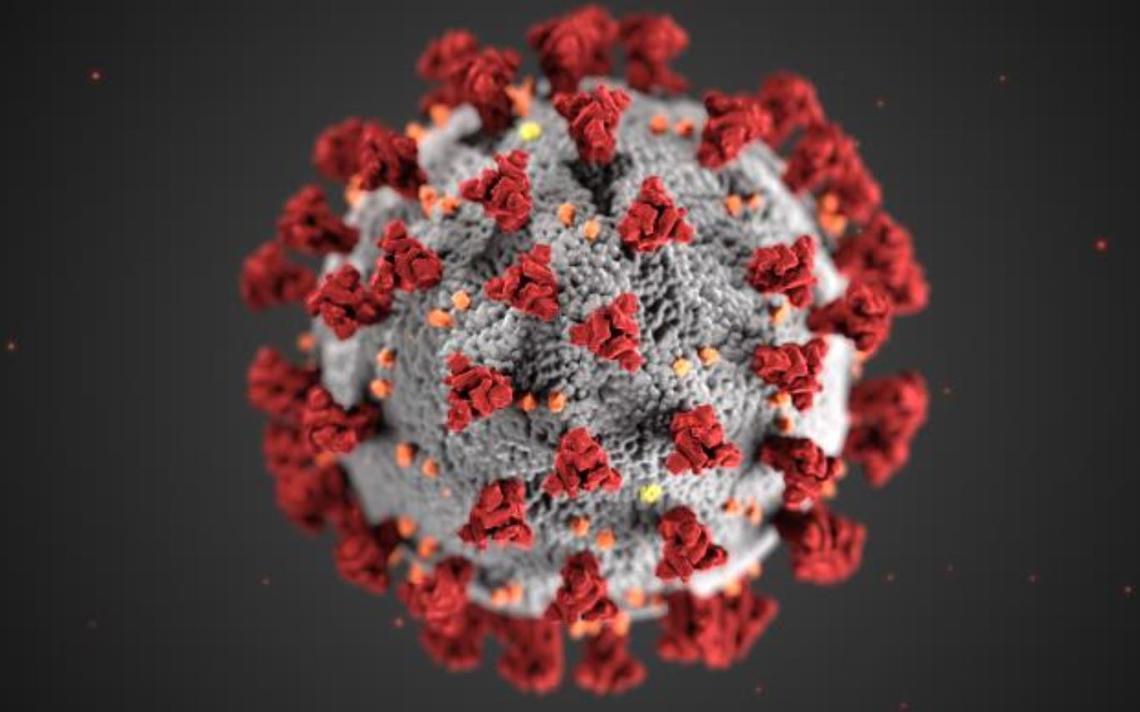According to a new paper, published in the American Journal of Medicine, medical professionals say they need strong public health leadership in order to slow down the ongoing coronavirus pandemic.
Dr. Terry Adirim from Florida Atlantic University’s (FAU) Schmidt College of Medicine said, “Appropriate concerns and not fear should play a major role in the emerging pandemic, and public health efforts should focus on public health issues, not political or economic considerations.”
The paper’s first author Dr. Charles Hennekens said, “Based on the existing totality of evidence, it appears that coronavirus is comparable in communicability to influenza but with perhaps a tenfold higher case fatality rate.”
“The anticipated number of deaths due to coronavirus may become comparable to the most lethal epidemic of influenza in U.S. history, which occurred in 1918 when approximately 675,000 Americans died,” he added.
In the United States, the 2018-19 flu seasons affected more than 42 million people, of which nearly 647,000 were hospitalized and 61,200 died.
The experts explained that over 80 percent of people with coronavirus infection, aka COVID-19, will experience mild flu-like symptoms. However, more than 15 percent of them are expected to fall critically sick, while 5 percent may need critical care.
Older people, immune-compromised patients, and those with certain underlying medical conditions, such as lung disease, heart disease, and diabetes, are at greater risk.
Public health authorities have successfully contained emerging pandemics for decades, including the global eradication of smallpox.
Surveillance systems have significantly increased through major advancements in data collection, analysis, evaluation, and communication.
The officials have been able to tackle emerging pandemics due to systematic reporting systems and quick action based on results.
The new paper authors emphasized that public health leaders, such as Dr. Anthony Fauci, head of the National Institute of Allergy and Infectious Diseases (NIAID), should guide the country and other world leaders during this pandemic and make sure everybody is prepared for the challenges ahead.
Dr. Adirim noted, “U.S. health care workers today are appropriately confused about current and future issues concerning COVID-19, an infectious disease that is caused by the severe acute respiratory syndrome coronavirus known as SARS-coV2, which is now responsible for an emerging pandemic.”
The authors explained that staggering numbers of hospitalizations due to the COVID-19 crisis could paralyze the American health care system. Besides, it is becoming more and more difficult to take care of those who are seriously ill due to the overcrowding of hospitals by coronavirus patients.
“The first case was reported in Wuhan, China on Dec. 31, 2019 and in the U.S. on Jan. 22,” said Dr. Adirim.
“During that interval, containment was potentially achievable in the U.S. but required collaborative efforts such as widespread utilization of rapid testing kits available from the World Health Organization. Now, however, we must employ strategies to flatten the curve to decrease avoidable morbidity and mortality,” he added.
Globally, COVID-19 has affected 338,970 and killed 14,689 people so far. In the United States, the officials have reported 34,717 confirmed cases and 452 deaths so far.























